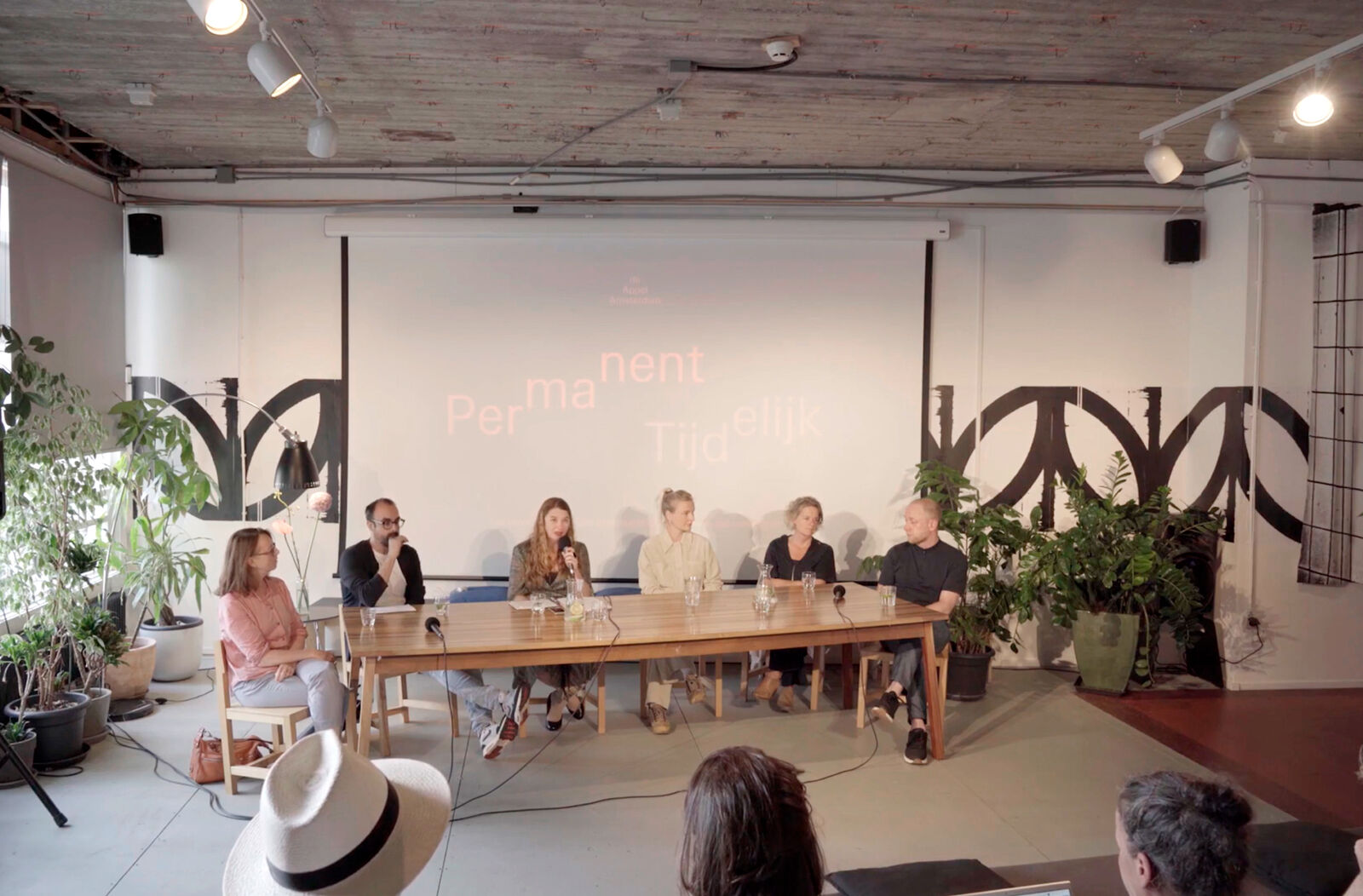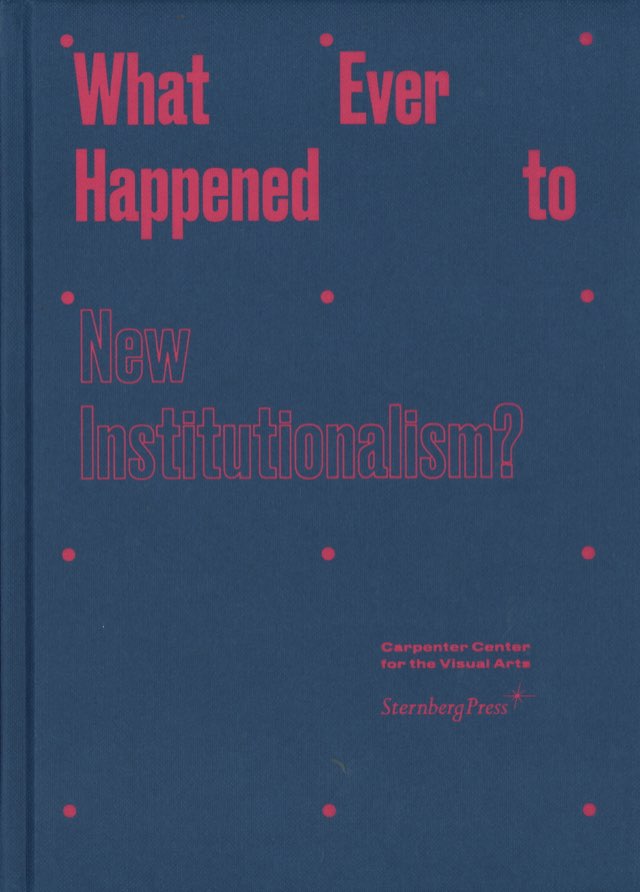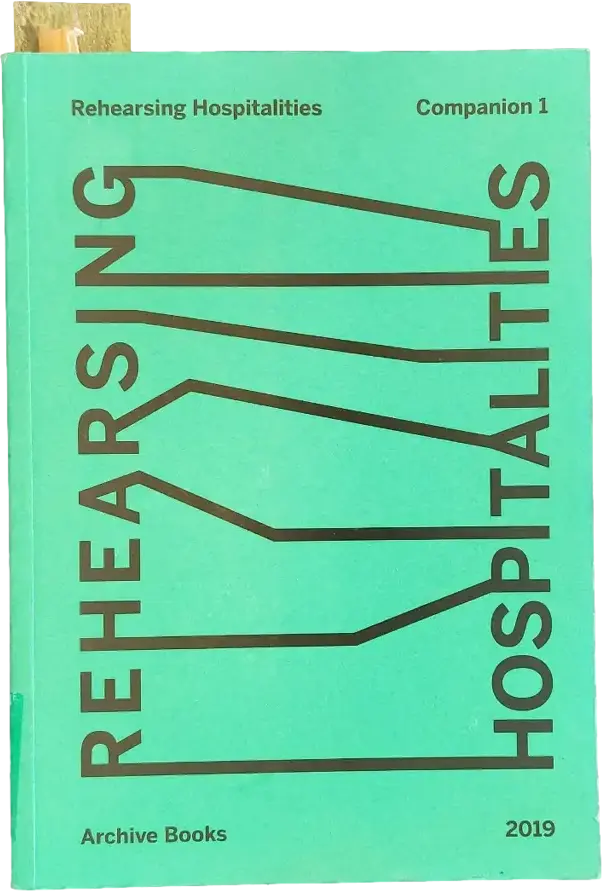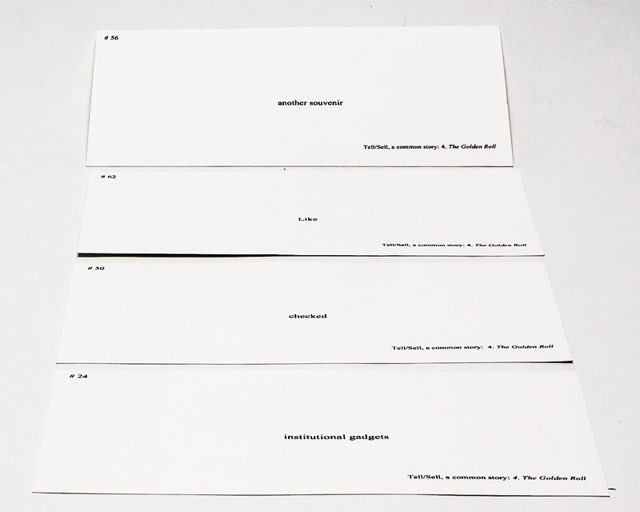Institutional Attitudes
Beursschouwburg, Auguste Ortsstraat 20-28 Brussels
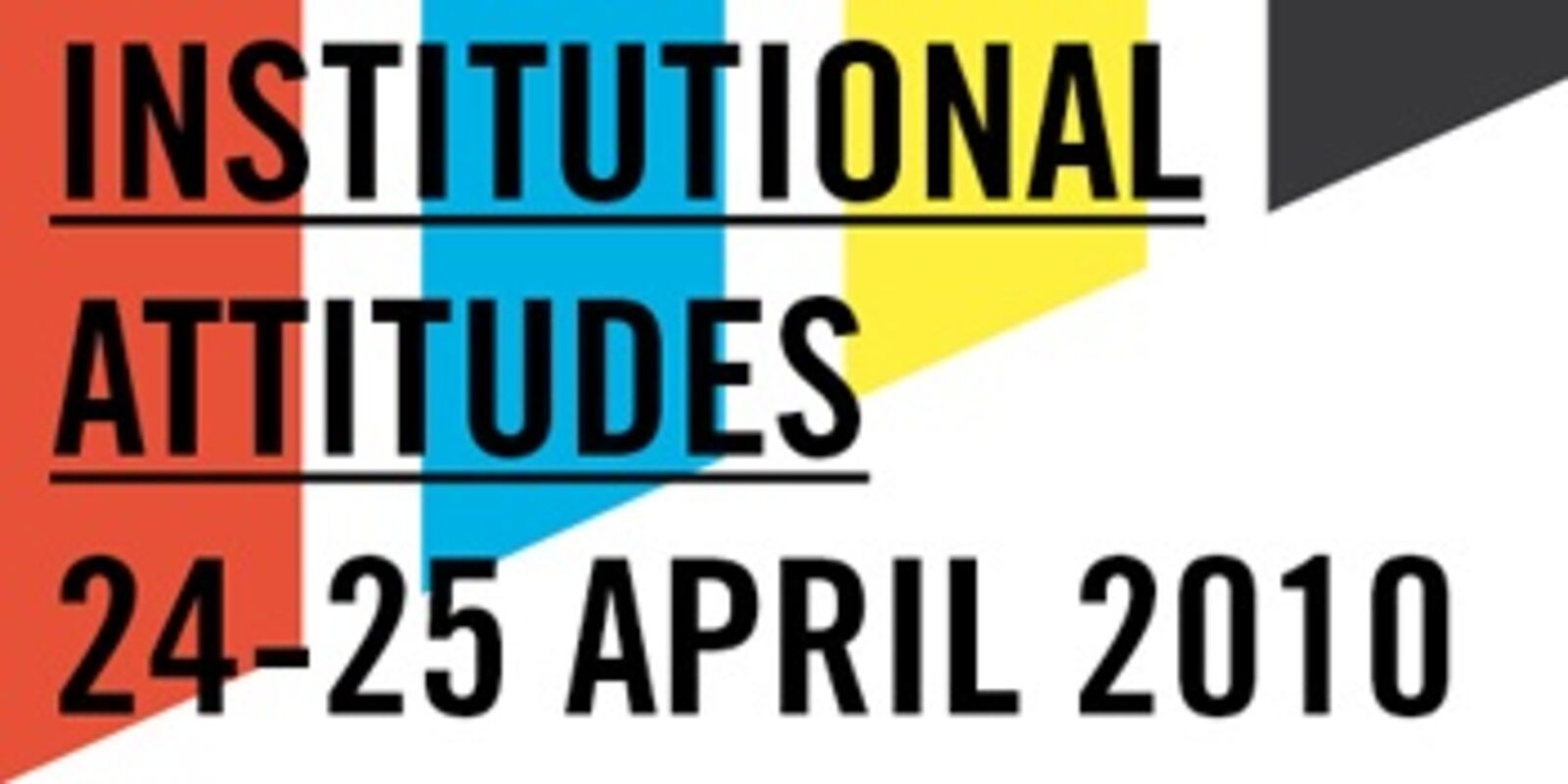
"Institutional Attitudes" is a Research Conference produced by de Appel in co-production with M HKA (Antwerp) and Witte de With (Rotterdam) for the Comité van Roosendaal, in collaboration with de Buren, de Beursschouwburg, FARO and Research Group Arts in Society (Fontys College for Arts, Tilburg).
Featuring Zdenka Badovinac, Bart De Baere, Miroslaw Balka, Bassam El Baroni, Manu Claeys, Ann Demeester, Charles Esche, Alex Farquharson, , Anselm Franke, Pascal Gielen, Sofia Hernandez Chong Cuy, Marc Jacobs, Nataša Ilić, Marta Kuzma, Maurizio Lazzarato, Dieter Lesage, Vanessa Joan Müller, Julia Moritz, Dieter Roelstraete, Irit Rogoff, Nicolaus Schafhausen, Simon Sheikh, Dirk Snauwaert, Frans Timmermans and Michael Turner
The Comité van Roosendaal is proud to announce its first public activity, a two day research conference entitled "Institutional Attitudes", to be held on 24th & 25th April in de Beursschouwburg in Brussels. "Institutional Attitudes" aims to address the changing notions of the institution in relation to urgencies governing the cultural field today, and implications of cultural institutions for society at large.
CONFERENCE PROGRAM
Saturday 24 April
Institutional Domains
03:00 P.M. Word of welcome by Ann Demeester & Nicolaus Schafhausen
03:20 P.M. Miroslaw Balka (artist), Between you and me
03:40 P.M. State of Affairs: Marc Jacobs (FARO)
04:00 P.M. Keynote lecture: Alex Farquharson (Nottingham Contemporary), Institutional mores
05:15 P.M. Conversation: Simon Sheikh (theorist), Sofia Hernandez Chong Cuy (Museo Tamayo), Dirk Snauwaert (Wiels), Frans Timmermans (Former Minister of European Affairs of the Netherlands, PvdA), moderated by Bart De Baere (M HKA)
Sunday 25 April "Beyond Criticality"
10:30 A.M. State of Affairs: Julia Moritz (art historian)
10:45 A.M. Keynote lecture: Irit Rogoff (Professor of Visual Culture at Goldsmiths College, London University) On being serious in the art world
12:00 P.M. Conversation: Nataša Ilić (What How & for Whom), Bassam El Baroni (Alexandria Contemporary Arts Forum), Vanessa Joan Müller (Kunstverein Düsseldorf), Marta Kuzma (Office for Contemporary Art), Michael Turner (author), moderated by Ann Demeester (de Appel)
"Dismeasurement and Public Responsibility"
03:00 P.M. State of Affairs: Pascal Gielen (sociologist, research group Arts in Society)
03:15 P.M. Keynote lecture: Maurizio Lazzarato (philosopher),
Does the "anartist" (Duchamp) need an "an-institution"?
04:30 P.M. Conversation: Dieter Lesage (philosopher, writer & critic), Zdenka Badovinac (Moderna Galerija Lubljana), Anselm Franke (Extra City), Dieter Roelstraete (curator & philosopher), Manu Claeys (writer & activist), moderated by Nicolaus Schafhausen (Witte de With)
06:00 P.M. Closing Remarks byBart De Baere & Charles Esche (Van Abbemuseum)
All talks will be held in English, with the exception of the lecture by Maurizio Lazzarato, which will be given in French with English subtitles. Every chapter will conclude with a Q&A with the audience.
07:00 – 09:00 P.M. Closing reception at Wiels, contemporary art centre, Av. Van Volxemlaan 354, www.wiels.org
PRACTICAL INFORMATION:
Location: De Beursschouwburg, Auguste Ortsstraat 20 – 28, Brussels
www.beursschouwburg.be
10 minutes walking distance from Brussels Central Station
Metro: Beurs/ Bourse
Tickets: €25 (€20 for students). Bookings are exclusively managed by the Comité van Roosendaal via the website. Only ticket holders that have paid in advance will be guaranteed a seat. Tickets can be picked up an hour before the beginning of the program: Saturday 24 April, 02:00 – 03:00 P.M. and Sunday 25 April, 09.30 – 10.30 A.M.
For inquiries contact Nathalie Hartjes via info [at] comitevanroosendaal.eu.
The Comité van Roosendaal was founded at the end of 2008 as an international discussion forum, focused specifically on the creation of a collaborative network of art institutions within the capital region of Northwestern Europe, roughly encompassing the former Benelux countries and the state of North Rhine Westphalia, a transnational unity that has important historical and contemporary ties. The Comité aims to reconsider the position and significance of arts and culture in society, and to analyze the potential of public cultural institutions. This platform brings together the program makers of highly renowned institutions from a particularly dense and culturally active region of Europe for an ongoing discussion about their practice, positions and ambitions.
At present the institutions involved are de Appel, Amsterdam; Basis voor Actuele Kunst, Utrecht; B.P.S. 22, Charleroi; Extra City, Antwerp; Kunst- und Austellungshalle, Bonn; Kunstverein für die Rheinlande und Westfalen, Düsseldorf; Mudam, Luxemburg; M HKA, Antwerp; Museum Ludwig, Cologne; Van Abbemuseum, Eindhoven; Wiels, Brussels; and Witte de With, Rotterdam.
The conference Institutional Attitudes functions to re-evaluate a founding premise of the Comité van Roosendaal; that originated from a shared conviction that contemporary art institutions may be an important voice in society. What kind of contemporary society must be envisioned, given the recent economic crisis and the ecological state of emergency? How can existing art institutions adjust to these paradigm shifts? More importantly – and in full confidence that institutions are not only products of their society, but also constitute active agents capable of shaping society in return – what novel public potentials exist for the art institution? These research questions are stimulated by recent proposals engaging with notions of commons and of the commonwealth, such as the urge of Italian philosopher Paulo Virno to consider a non-representative democracy that might be expressed through a ”a galaxy of foundations, a network of institutes.”
To this end the Comité van Roosendaal has invited a range of esteemed art professionals and academics, as well as public figures from outside the art world, to critically evaluate recent events and sketch scenarios for the near future and beyond.
The conference will be divided into three chapters.
The first chapter, "Institutional Domains", takes stock of existing institutions, considering their status both as a material or physical entities (hardware) and as an immaterial bodies of authority (software). Recent decades have shown a shift of emphasis from the material to the immaterial institution through practices that have been referred to as New Institutionalism, Institutional Creativity and Experimental Institutionalism. The question remains: How can we apply the knowledge gathered through a decade of new institutional experimentalism?
The second chapter, "Beyond Criticality", assesses the limits of practices posited on performative and ongoing acts of self-reflection – a notion with great resonance for various forms of new institutional practice. Juxtaposed with this notion of criticality are ideas of immersion and acts of implication, which collapse the kind of distance that self-reflection demands, opening up to new relations between institutions, artists and audiences. The outset of this chapter is to consider the historicity of the term, its manifold readings, and a vision for it to continuously activate places, projects and artists.
The third and final chapter, "Dismeasurement and Public Responsibility", puts the notion of values up front and brings us to the urgency that underlines the conference. If the current crises, both economic and ecological, are to be understood as social constructs instigated by a logic of production and exponential growth, as opposed to sustainable or durable progress, is the re a new unit of measure that may be imagined in reference to intellectual labor in post-Fordist societies? And what institutional structures are needed as engines of social transition?
Moderators: Bart de Baere, Ann Demeester and Nicolaus Schafhausen
Research partners: Pascal Gielen, Marc Jacobs and Julia Moritz
The conference is supported by of European Cultural Foundation, Mondriaan Foundation, and the Triodos fund and timed to coincide with Art Brussels.
Program and registration details will follow soon. Please register for our newsletter via info [at] comitevanroosendaal.eu.
